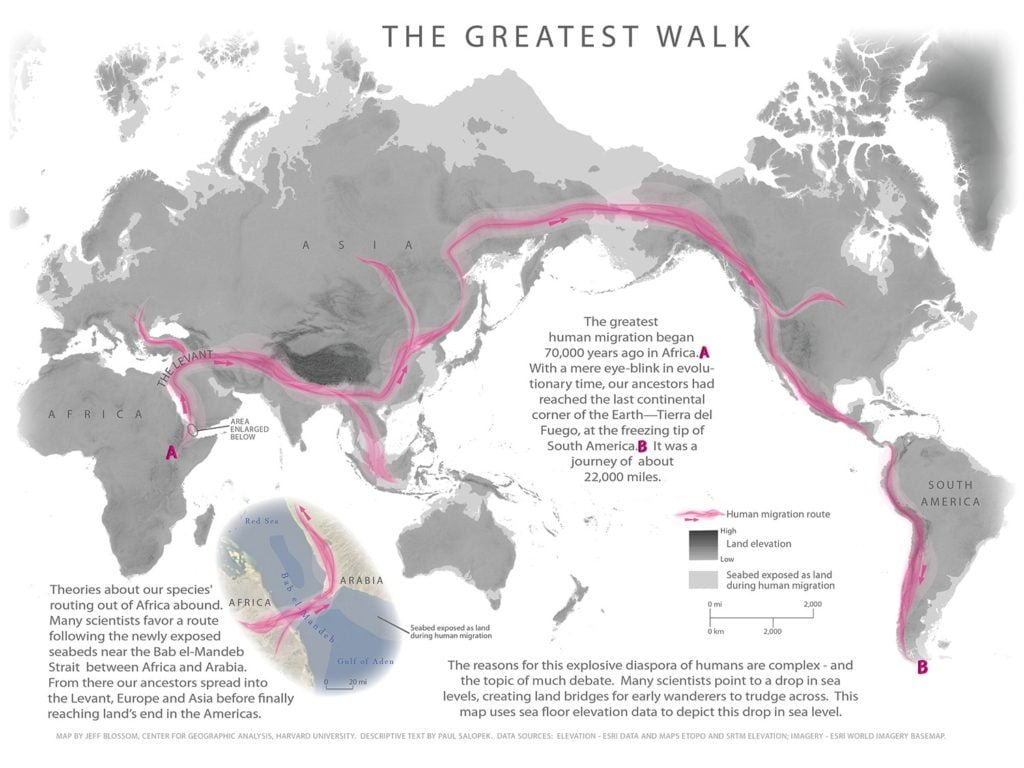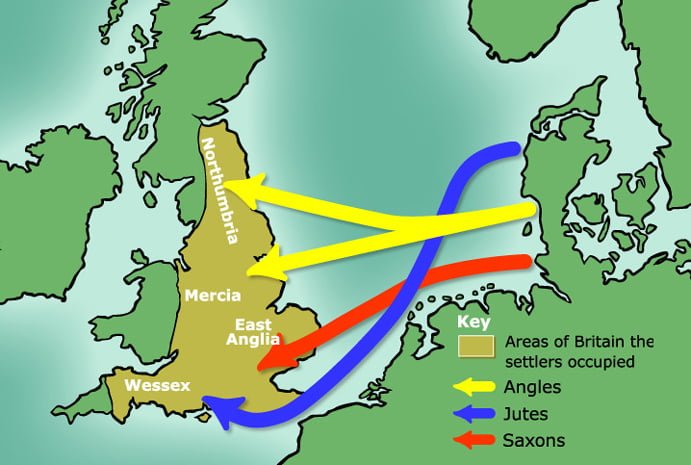We can’t predict the future, but we can certainly learn from the past. And the answer to the above question is a resounding NO. Of course, you may have a difference of opinion, but consider the line of reasoning first. While it is true that more than 50% of the 6000-7000 languages in the world are endangered and will be dead in a matter of a century, that still leaves billions of people speaking the rest of the remaining languages, which can be numbered between 600-700. Compared to one, this is a huge number.
Not only that. The concern that is spreading now with the popularity of English and that it could replace other languages is not a new thing. In fact, people throughout history thought the same could happen with other languages. Let’s see some of them below.
1. Greek:
We all know the flourish that Greek enjoyed in the last three centuries BC. Its prestige and practical value, especially to the peoples in the Mediterranean basin, were immense. It was the primary language in which science, commerce, and art were carried out. Important matters such as trade and politics were discussed overwhelmingly in Greek, similar to English today, and with few real competitors than English has. Then rose Rome, and the political situation eventually changed. The popularity of Greek started to shrink. It gradually decreased and now used only in the eastern Mediterranean. Then, after the Muslim conquests, it shrank even more, as it was spoken only in Anatolia and Greece. Then, it shrank even further after the Ottoman conquests. Then, after the population exchanges in the 1920s, Greek met its ultimate semi-demise and was confined to Greece only. Although Greek didn’t completely die out, it didn’t replace other languages and was not even close. It didn’t replace even the languages in the area in which it had been spoken for three millennia.
2. Latin:
The spread of Latin was enormously accelerated with the rise of the Roman empire, which disseminated Latin across a wide area including western Europe, North Africa, and parts of the Balkans. But again, the equation of power changed. The Arabs took over North Africa, the Slavs took over the Balkans, the Germanic tribes took over England, Rhineland, Austria, and Switzerland. This resulted in the total displacement of Latin from these areas, and ultimately the colloquial verities that remained disintegrated into unintelligible varieties that we know today as Spanish, French, Italian, etc, with Classical Latin a completely dead language. (Read about how Latin is not dead and still spoken today [here]).

3. Arabic
Arabic had gained a tremendous status and prestige in the 7th century not just in the Arabian Peninsula, but throughout the whole of the Middle East and far out into North Africa. Muslim conquests played a major role in spreading Arabic in these areas, exploiting the unprecedented weakness of Byzantium and Persian empires. It replaced Greek in the major cities and many Afro-Asiatic languages like Aramaic and Coptic in the countrysides. Briefly after two or three centuries, however, the Muslim Caliphate collapsed, and with it collapsed the status and prestige of Arabic. Now Arabic shrank into a language mostly used for religious purposes.
The distribution of Arabic. From Wikipedia
4. French
From the 12th well into the 20th century, French had enjoyed great prestige all throughout Western Europe. After the Norman Conquest, England aristocracy spoke almost exclusively French for more than three hundred years. French was dispatched far into the Holy Land during the Crusades. It was also spoken all throughout the French colonial empire. Then, after numerous military retreats and political defeats, the prestige of French bled out, and it had now declined to become just one of many important languages of Europe, parts of Africa, and Quebec. Beyond these territories, it has little value.

Distribution of French From Wikipedia.
Now let’s go back to English. It is true that the spread of English comparably overshadows the spread of these languages, especially with modern technology. English is now disseminated to every corner of the globe. But let’s look at the realities here. While it seems that a large percentage, roughly 24%, of the world’s population speak (some) English, it is spoken only by about 450-550 million speakers. The rest one billion or so of speakers, in places like India, Malaysia, Nigeria, etc., speak English with a very moderate degree of proficiency in addition to their own native language. They speak (some aspects of) English for work-related purposes or to cope with modern technology. They don’t learn English to use it in their day-to-day communication or because English speakers come to live among them, as was the case with the languages we cited above. Here is a map of where English is spoken today:

From Wikipedia.
The socioeconomic conditions that factored into the phenomenal spread of English are liable to change in the upcoming centuries. All bets are on Mandarin. We cannot know how the rise (or return) of China to becoming a Great Power will influence people’s notion of prestige, nor can we know what political changes are in store. The rise of China remains the greatest possibility. Here’s China’s GDP compared to that of the US:

They are coming…
In addition to this, English is only spoken by a majority of the population in the British Isles, North America, Australia, New Zealand, and South Africa. It is clear that these places are territories where English people came to settle permanently, not merely to trade or rule. It is doubtless that in six centuries ahead people will still speak English in these places. But it is very doubtful, given the power dynamics, that English will preserve its prestige far into the future, and will certainly suffer the same faith as that of Greek, Latin, Arabic, and French.
The past resembles the future more than one drop of water resembles another.
Ibn Khaldoun.






